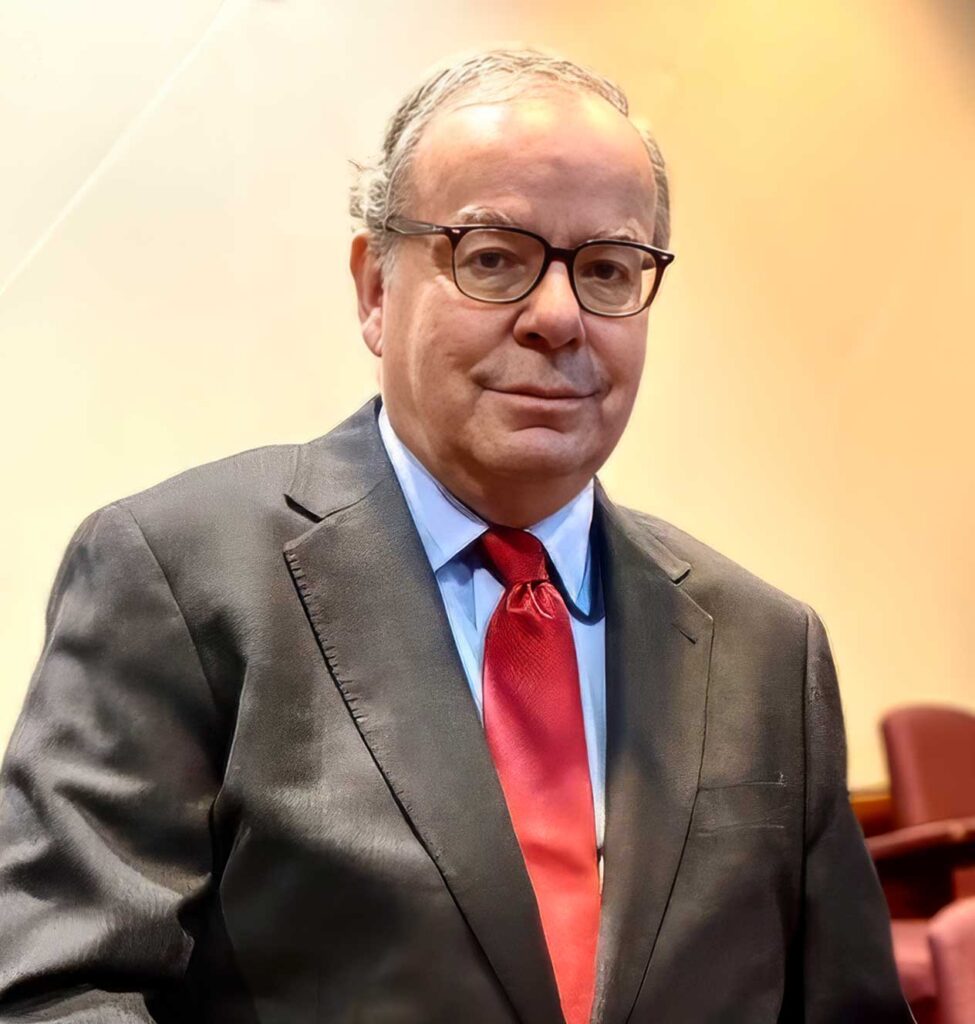Share Your Story with Trial Lawyer’s Journal
Trial Lawyer’s Journal is built on the voices of trial lawyers like you. Share your journey, insights, and experiences through articles, interviews, and our podcast, Celebrating Justice.
Stay Updated
Sign up for our newsletter to get the latest from TLJ.
Changing of the Tide: Law Firm Fee-Sharing and Ownership with Nonlawyers

By Michael Abdan, Esq.
The ability of a lawyer to maintain their professional independence is critical to protecting and serving the public effectively. To this end, the American Bar Association passed Model Rule 5.4 in 1983, restricting an attorney’s ability to share fees and go into business with nonlawyers. The ABA maintained that allowing attorneys and nonlawyers to do business together would naturally
create tension between the client’s interest and that of the company.
Featured Articles
-
Glossary
What is a Demurrer Judgment?
What is a Demurrer Judgment? A Demurrer Judgment is a court ruling issued after a defendant files a demurrer, arguing that the plaintiff’s complaint.
-
Glossary
What is the TPPRA?
What is the TPPRA? The TPPRA, or Third Party Payor Recovery Act, is a legal statute—most notably used in states like Texas—that gives third-party.
-
Glossary
What are Jury Instructions?
What are Jury Instructions? Jury instructions are the formal legal directions given by a judge to the jury before deliberation in a trial. These.
Explore our Contributors
Discover Next
Insights from Experts
Learn from industry experts about key cases, the business of law, and more insights that shape the future of trial law.







